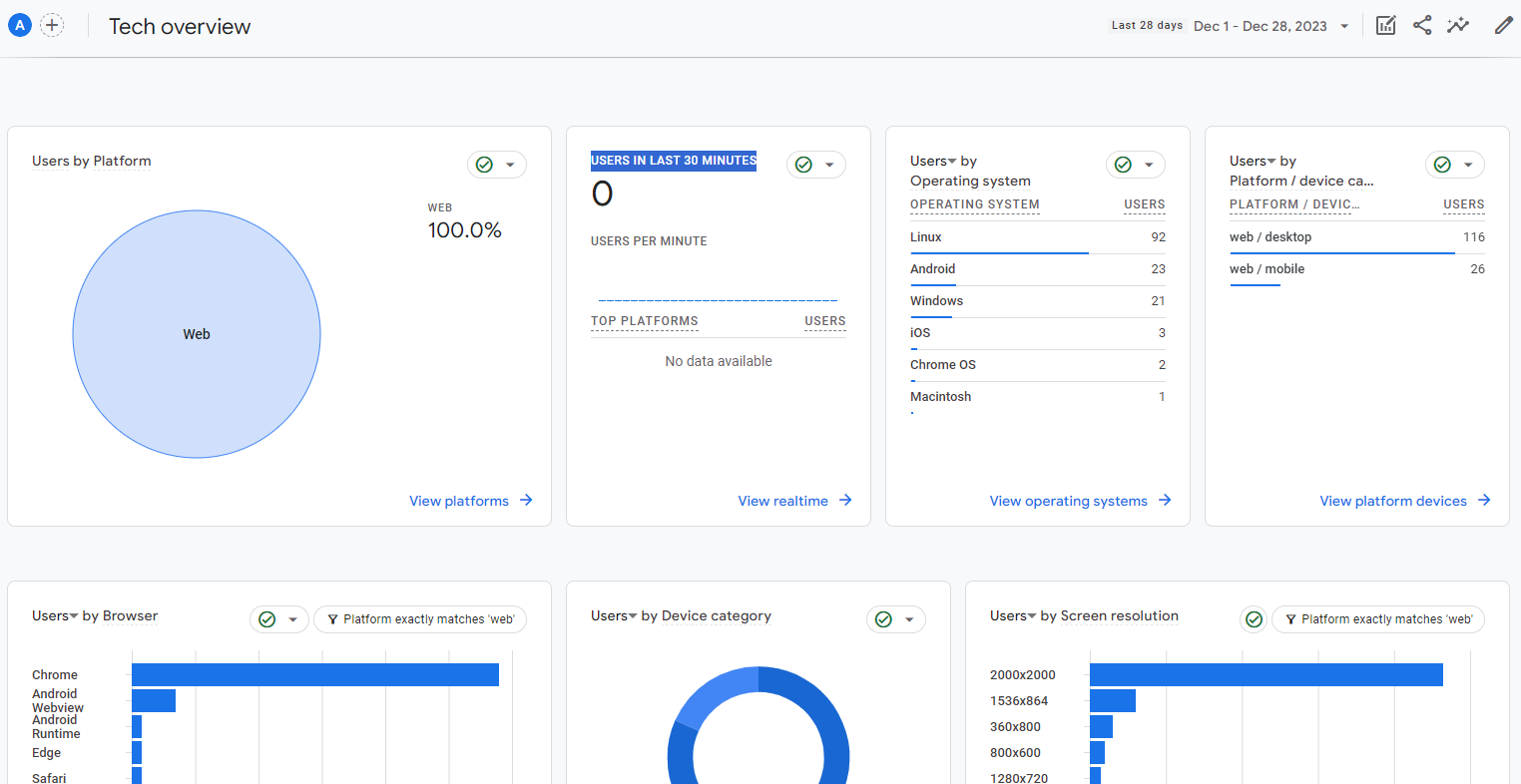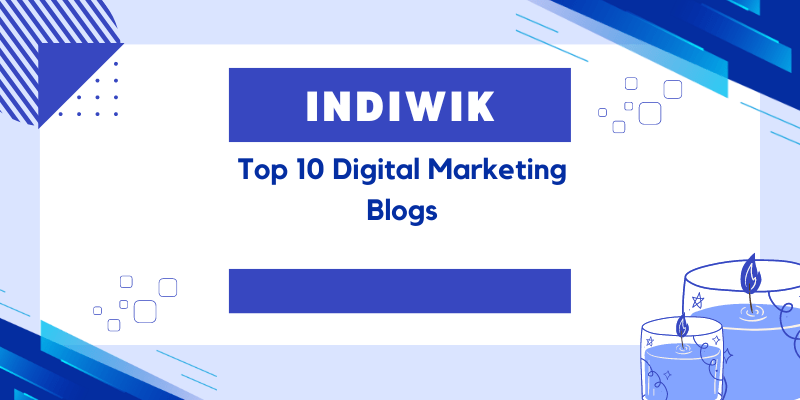Google Analytics Mastery A Comprehensive Guide

Google Analytics
Google Analytics Mastery
Google Analytics is an indispensable tool for anyone involved in digital marketing. It provides a comprehensive set of tools for understanding your audience, measuring the success of your marketing efforts. Google Analytics is crucial for making informed decisions and optimizing your online presence. In this comprehensive guide, we’ll delve into the key aspects of Google Analytics to help you harness its power effectively.
Whether you’re a seasoned marketer or just starting, mastering Google Analytics is crucial for making informed decisions and optimizing your online presence.
Google Analytics account Creation
Search Google Analytics on web page and sign in with your google account
Follow the sign in steps and after that create a property this property will be your website or your mobile application and landing pages.
learn here for Google Analytics 4 property
https://support.google.com/analytics/answer/9355666?hl=en&utm_id=ad
After setting up a property, you’ll be provided with a tracking code. Install this code on your website to start collecting data.
you have a option for Property access management where yo can allow access to your colleagues and partners.
Google Analytics Reports
Audience Overview
The Audience Overview report gives you a snapshot of your website visitors.
Users: total number of unique visitors.
Sessions: total number of visits to your site.
Pageviews: total number of pages viewed.
Bounce Rate: percentage of single-page sessions.
Acquisition Reports
Understand where your traffic is coming from with the Acquisition reports.
You can check it is organic/Direct or paid search Traffic,user retention and the event count by event name as shown in picture.
Behavior Reports
Explore how users interact with your site:
Site Content: View the most popular pages on your site.
Landing Pages: Identify pages where users enter your site.
Exit Pages: Determine where users leave your site.
Conversion Reports
Set up goals and track conversions:
Goals Overview: Monitor the completion of specific actions (e.g., form submissions, purchases).
E-commerce Reports: Track online sales performance.

Advanced Features and Customization
Custom Dimensions and Metrics: Add custom parameters to track unique data.
Custom Reports: Design reports based on specific metrics and dimensions.
Event Tracking
Track user interactions beyond pageviews:
Events: Monitor downloads, video views, and other user interactions.
Custom Dashboards
Create personalized dashboards for a quick overview:
Widgets: Add various metrics and visualizations to a single dashboard.
Analyzing Data for Actionable Insights
Behavior Flow: Visualize user navigation paths on your site:
Identify Popular Paths: Understand how users move from one page to another.
Pinpoint Drop-offs: Discover where users commonly exit your site.
Segmentation
Break down data for deeper analysis:
Demographics: Analyze data based on user age, gender, and interests.
Technology: Understand the devices and browsers your audience uses.
Real-Time Reports
Monitor current user activity:
Active Users: See how many users are on your site in real time.
Traffic Sources: Identify where real-time traffic is coming from.
Tech overview
Check
User in last 30 minutes
user by platform
user by screen resolution
user by operating system
user by device category

Troubleshooting and Optimization
Diagnose Issues
Use Google Analytics to identify and solve problems:
Site Speed Reports: Check page load times and optimize for better performance.
Crawl Errors: Monitor for issues that could impact search engine indexing.
A/B Testing
Optimize your website through experimentation:
Content Experiments: Test variations of a page to determine the most effective elements.
Continuous Improvement
Regularly revisit and refine your Google Analytics strategy:
Mastering Google Analytics is an ongoing process of learning, adapting, and refining your approach. By understanding your audience, tracking key metrics, and utilizing advanced features, you can make data-driven decisions to enhance your digital marketing strategies. Regularly revisit your analytics reports, stay informed about updates, and experiment with new features to ensure you’re maximizing the potential of this powerful tool.


















